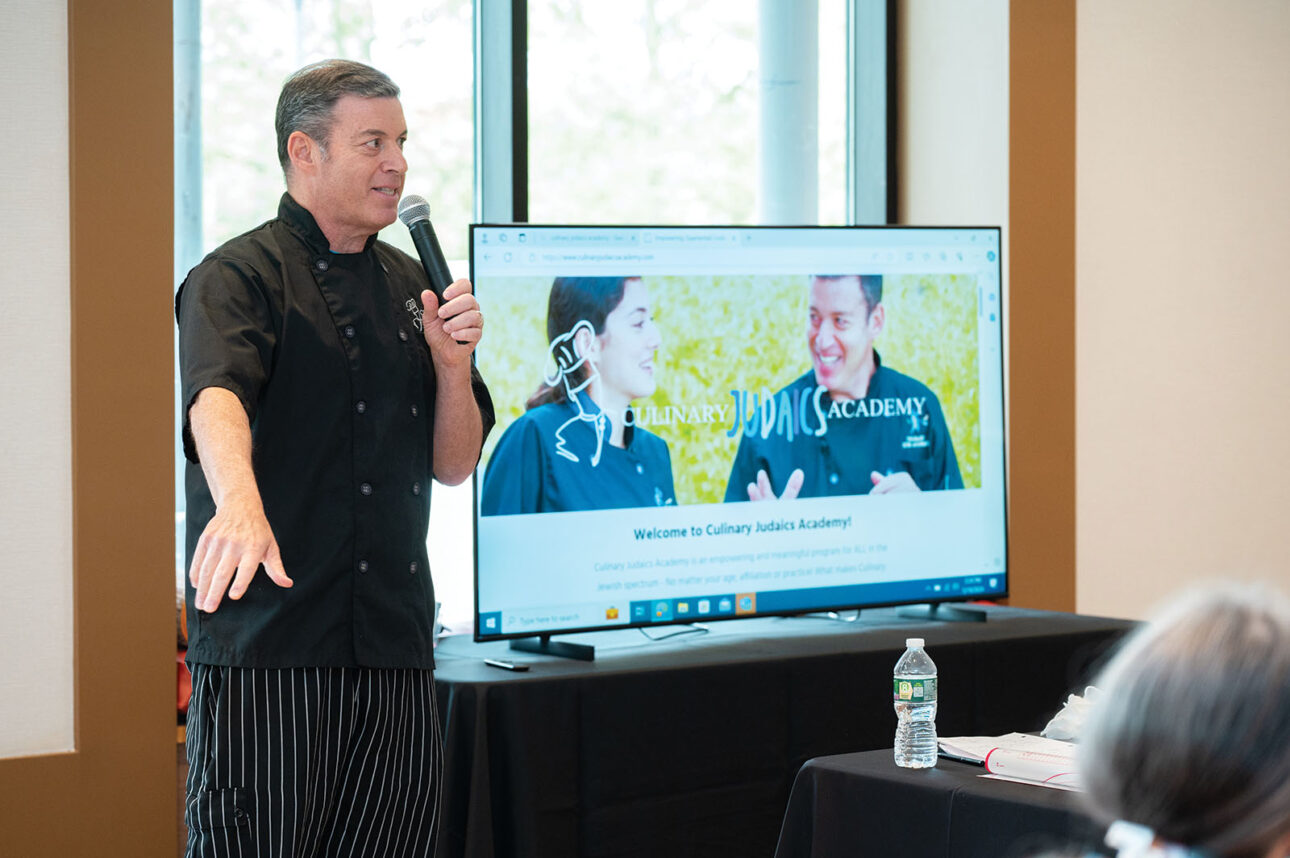
In a private Jewish women’s group on Facebook that I frequent, members ask for advice about everything from sleep-training toddlers to finding a good speech therapist, to planning weddings from overseas. Understandably, women sometimes vent about challenging situations with children, parents, in-laws, coworkers, and spouses. The marital woes have been adding up of late.
In the past two weeks I’ve read about one woman who confessed that she’s on the verge of having an affair, describing her husband as a slacker not only outside the bedroom but inside as well. She’s afraid she’s slipping — and fast. Another complained that her husband is disengaged and unappreciative, and expects her to shoulder nearly all the load of household management and childcare while he sits on the couch after work, cruising through websites and texts. A third woman was in conflict with her husband, who didn’t want her mother coming to stay with them for a weeklong visit. Admitting that her mother had a “big” personality, she was still close to her mother and looked forward to that time together. To me, “big” was code for “overbearing.” Maybe she and her husband needed to find a middle ground on the terms of the visit?
I’ve noticed that most of the women describing lopsided and sometimes dismal marriages (anonymously) haven’t been married that long — often, less than five years — and usually have a few kids. I wonder: Were these really radical changes in their husbands, and if so, what could have caused them? It’s possible that the women couldn’t see or chose not to see red flags before marriage. It’s also possible that something curdled in the dynamic after marriage, and they didn’t catch the problems before they became suffocating.
These posts pull at the heartstrings and usually generate up to a few hundred responses. Some members jump in with impetuous advice such as, “Leave him! I’ve been where you are and I know how this story ends.” Or, “Get a divorce. You’ll be so much happier. Getting divorced was the best thing I ever did.”
Fortunately, most women offer more thoughtful and sensible advice: See a therapist, consult with an attorney, take it step by step. I worry, though, that the women who have shared their sorrows with a sea of strangers at a time of heightened distress may be enticed by the rash, emotionally driven advice. And yet, we readers can’t possibly know half the stories. The husbands could also tell tales. The truth is rarely all on one side.
I worry that the women who have shared their sorrows with a sea of strangers at a time of heightened distress may be enticed by the rash, emotionally driven advice.
My heart aches for women trapped in bad marriages. I’ve known more than a few over the years and it can be heartbreaking. But I also know that divorce exacts a very high price, especially when kids are involved. These costs are financial, emotional, physical and spiritual. Fallout can last for years.
I reached out to Elizabeth Shatzkin, a marriage and family therapist and founder of the Center for the Promotion of Intimacy in Los Angeles, for her take on women who share their marital woes online, and especially what she thought about advice to jump ship. Shatzkin is one the sharpest, most insightful individuals I have ever known.
She observed, “When someone is in pain, it’s natural to seek out support and validation for that pain,” she said. “Our hearts might be in the very best place when we are telling someone what to do, but telling someone what to do is not actually support. The definition of support is giving someone encouragement so that they can succeed. Without knowing the person, the other players, and the full situation, that is not really possible.
“People in pain usually want to be heard, not fixed,” she added. ”Outside of abusive situations it’s dangerous to tell someone to leave their marriage while knowing just a small part of the story. Support is an intricately woven thing, and there is no single pathway to offer it. In an online, anonymous situation, not only do we not know the other person’s full circumstances and the pain they are in, but we will not likely know the outcome of our ‘support’ or advice.”
Listen, support, but don’t try to fix. That may be the best advice I’ve heard all week.
Judy Gruen is the author of “Bylines and Blessings,” “The Skeptic and the Rabbi,” and several other books. She is also a book editor and writing coach.


































 More news and opinions than at a Shabbat dinner, right in your inbox.
More news and opinions than at a Shabbat dinner, right in your inbox.